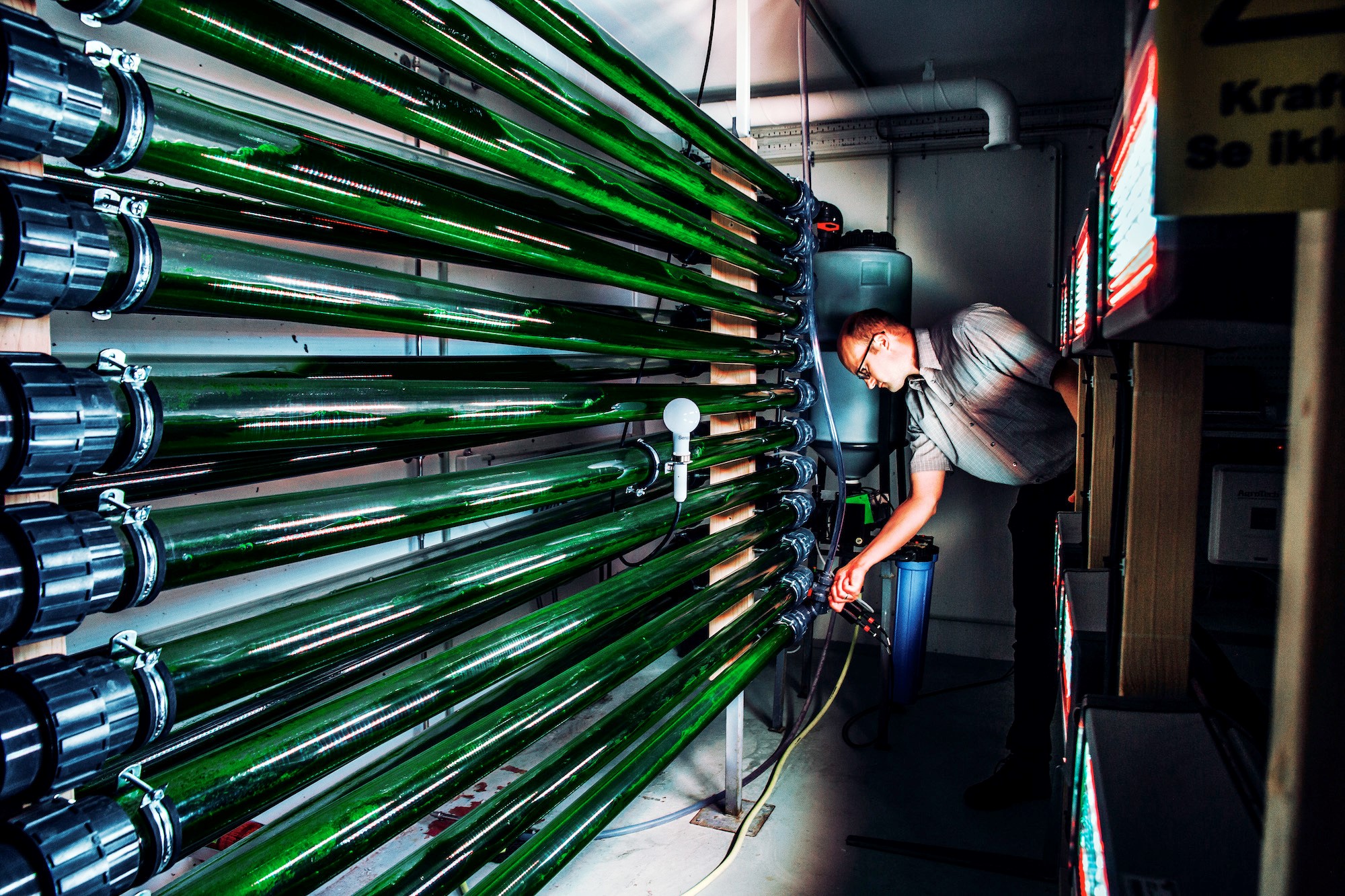
- Industry news
Industry news
- Category news
Category news
- Reports
- Key trends
- Multimedia
- Journal
- Events
- Suppliers
- Home
- Industry news
Industry news
- Category news
Category news
- Reports
- Key trends
- Multimedia
- Events
- Suppliers
Sustainable protein: Danish Food Innovation invests in microalgae research

24 Feb 2020 --- A Danish project has received a DKK 750,000 (US$108,600) grant to investigate the opportunities of using microalgae as a sustainable protein source. Danish Food Innovation – part of the Ministry of Higher Education and Science’s innovation program – has provided the funding, which could see microalgae popping up as an ingredient in plant-based burgers, for example.
A pressing need for sustainable proteins
According to the Danish National Bioeconomy Panel, there is not only a “pressing need for more protein sources” – but also raw materials that are sustainably produced.

“The National Bioeconomy Panel has published 15 recommendations on future proteins. This includes a need for more research and education projects to boost the availability of protein sources. The ‘Microalgae for food products’ project addresses this need, not to mention the increasing consumer demand for plant-based foods,” says Anne Maria Hansen, member of the Danish National Bioeconomy Panel and Head of Innovation at Danish Technological Institute.
 Microalgae are superior to soya and pea as a protein source. Microalgae ticks the boxes for both sustainability and nutrition. Producing large quantities of protein with a high content of essential amino acids, microalgae are superior to soya and pea as a protein source. Not only that, they can be produced with minimal carbon emissions and use virtual no farmland. Water consumption of microalgae is also minimal and no pesticides are used as the microalgae are grown in a closed system.
Microalgae are superior to soya and pea as a protein source. Microalgae ticks the boxes for both sustainability and nutrition. Producing large quantities of protein with a high content of essential amino acids, microalgae are superior to soya and pea as a protein source. Not only that, they can be produced with minimal carbon emissions and use virtual no farmland. Water consumption of microalgae is also minimal and no pesticides are used as the microalgae are grown in a closed system.
The Microalgae for food products project – a collaboration between small and medium-size enterprises (SMEs) and knowledge institutions – will rely on brewery side-streams and special technology to extract the valuable microalgae protein. One of these SMEs is NatuRem Bioscience.
A new type of food?
“What is really interesting about this project is the sustainability aspect. Using low-energy processing, we can grow the microalgae very efficiently on side-streams from beer production,” says Chief Technical Officer Christian Kjølby.
“Microalgae are potentially a completely new type of food ingredients. Our expectation is to develop a protein source in powder form, that is ready for use by the food industry,” she notes.
Five more projects have also received Danish Food Innovation funding:
• The importance of the food matrix for protein digestibility
• Measurement of quality and maturation processes for meat and fish
• Insects as food ingredients
• Consumer Response Toward Sustainable Food Packaging Solutions
• Digital integration in SME companies ensures high food safety and efficiency through the use of data
The projects will run until the end of 2020.
The grants have been awarded from a DKK 12 million (€1.6 million) fund, provided by the Danish Ministry of Higher Education and Science for distribution by the Danish Food Innovation network. The three organisations behind the network are Agro Business Park, Knowledge Centre for Food Innovation (VIFU) and Danish Food Cluster.
Edited by Elizabeth Green










